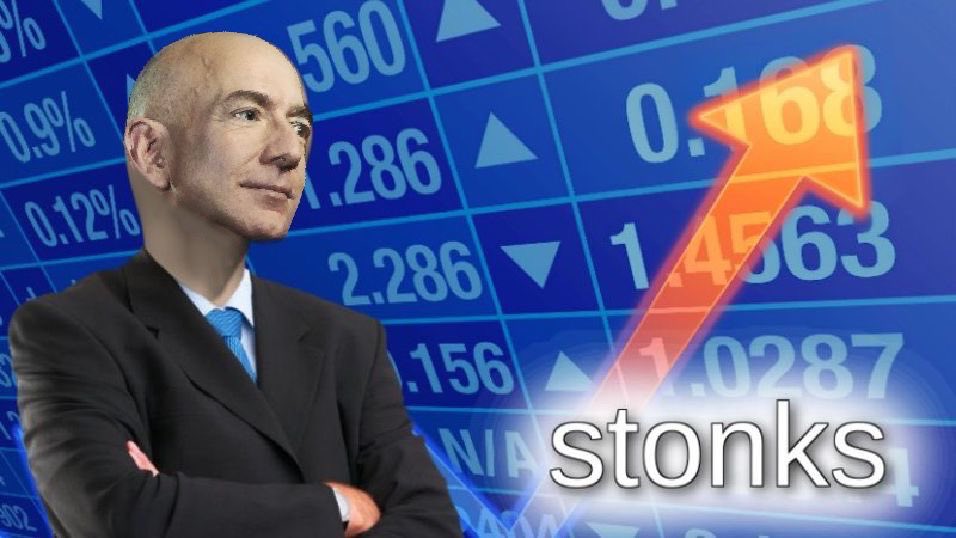The consequences of having such a large share of the world's power and resource concentrated in one person/ one organisation are yet to fully play out.
Part of those consequences will be the rise and eventual normalisation of non-human labour. Companies with virtually unlimited wealth (Google/Amazon/Microsoft) are much more interested in spending $billions to develop full automation and AI.
The real unknown comes when most of us have no jobs anymore.
Far from being envious, I'm curious about what (somewhat horrifying) future scenarios will come to pass.
Btw I don't believe in the scenario where humans are freed from menial labours and spend all day on creative endeavours. I believe we will see a much more "terminal" eventual solution to the non-productive human population.
I firmly believe that non-productive humans will become a global destitute class, and that the human population will shrink massively. Whether by forced sterilisation or .. other means. The history of humanity does not show us to be very concerned with the well-being of non-productive citizens. And unlike now, where high-unemployment is a pain but manageable, the future of almost zero employment is going to be a much different class of problem, requiring much more radical thinking. Or course we'll have to disarm the US population (etc) before that moment arises.
Heh, maybe we'll be packed up and shipped off to Mars by Musk

(in his immortal machine form, that is

)
 Then sold it to IBM.
Then sold it to IBM.




